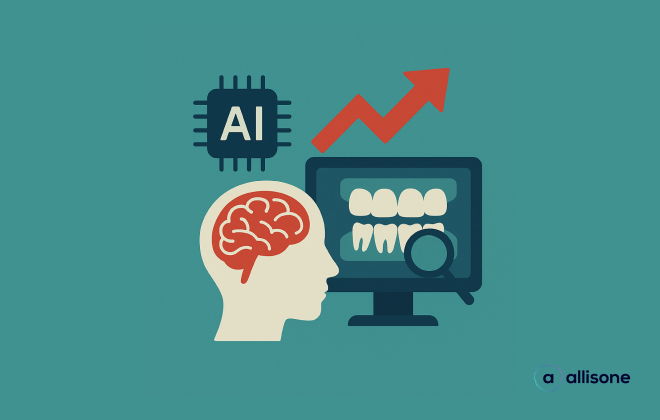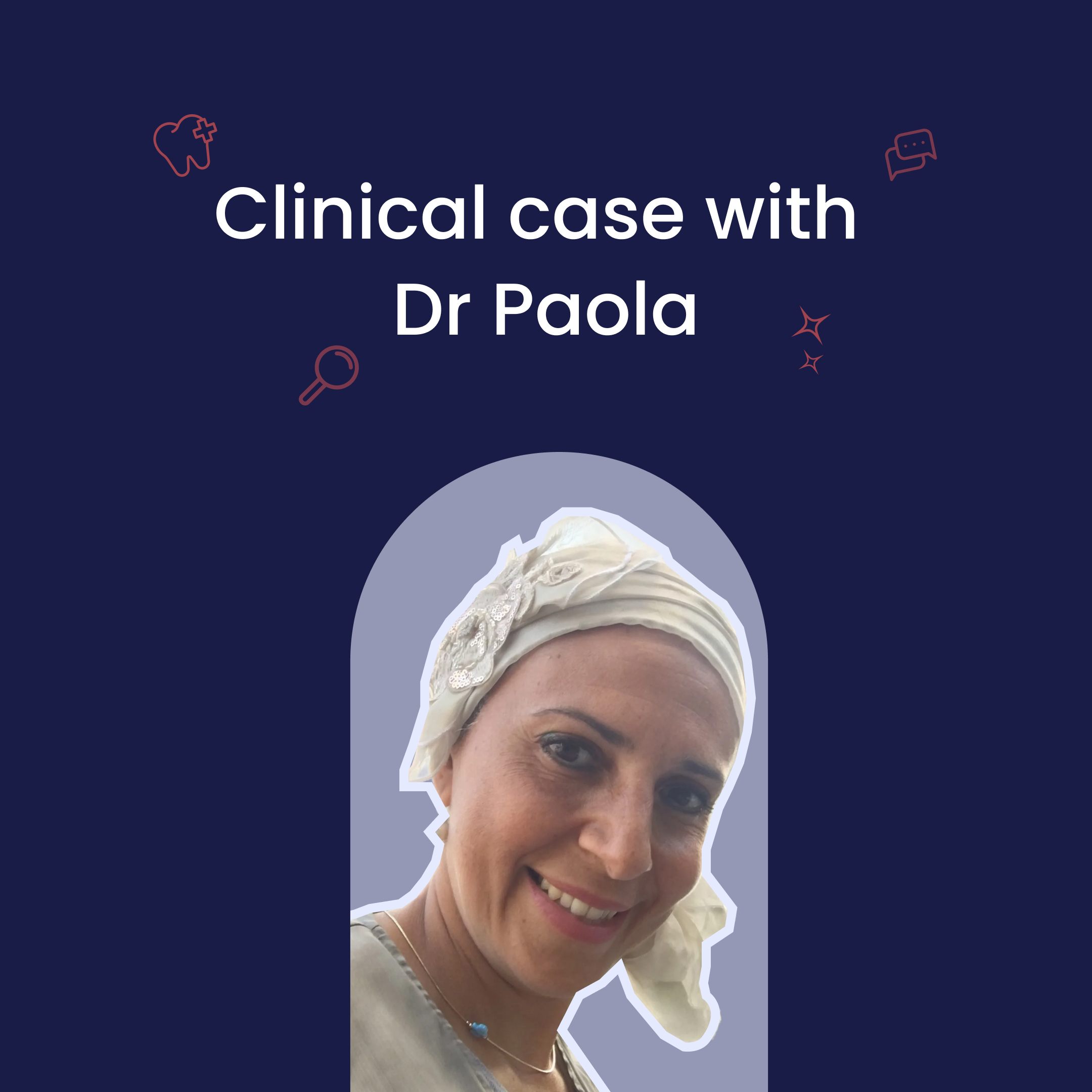
Should we fear the interference of artificial intelligence in medical practice? Will the machine replace the doctor? Is this fear expressed by some health professionals legitimate? Review of the received ideas, analyses and opinions to see more clearly.
Myth #1: Artificial intelligence will eventually replace doctors
The fear that the machine will replace man and take his job is not new. It goes back to the beginning of the 20th century and the automation of production lines in industry. A century later, the results are not so bad: if the advent of automation has pushed society to adapt, when the machine replaces man, it is above all for the realization of the most laborious tasks. And to allow him to concentrate on higher value-added tasks.
Can Artificial Intelligence replace the doctor? In certain tasks, starting with the analysis of data such as X-rays and tissue, certainly. Software that supports radiologists in interpreting thousands of images every day, and AI applications that help pathologists detect cancerous cells are gradually being deployed.
However, the time when the machine will completely replace the health professional is far from over. Because the practice of medicine is not limited to data analysis or a few technical gestures, which could indeed, in the long term, be performed exclusively by robots.
A doctor does not attack a pathology, he treats an individual with this pathology. The orientation towards this or that treatment could certainly be supported by an artificial intelligence which will have assimilated and analyzed a quantity of data impossible to process by the human brain. But it is the doctor who will make the final decision. And it is the doctor who, endowed with empathy, will be able to reassure and advise his patient, and contribute to optimal compliance with his treatment.
Myth #2: AI will accelerate the shortage of healthcare supply
This fear is of course related to the first: if it makes doctors disappear, AI may accelerate the shortage of practitioners already seen in many fields or territories.
On the contrary, however, by freeing healthcare professionals from certain particularly laborious and time-consuming tasks, and by facilitating the practice of remote medicine, AI will have another advantage in the years to come: it will allow healthcare professionals to treat more patients and thus open up certain territories.
This will be the case in Europe, but also in China and in developing countries, which are suffering even more than in our latitudes from an extreme shortage of healthcare providers. Although doctors will no longer perform certain tasks, they will be more than ever a central player in the healthcare system.
Myth #3: A good doctor does not need AI to practice
Memorizing new nomenclatures, continuously monitoring new research, analyzing tens of thousands of images: the multiplication of data to be integrated in order to remain efficient and up to date with the latest medical advances is such that it is almost impossible for a practitioner to avoid brain overheating and stress.
By relieving humans of these tedious tasks, AI comes to the rescue of their intelligence.
More than a threat, it can then be seen as a partner: its strengths (starting with its unlimited capacity to learn) counterbalance man's limitations (starting with his limited capacity to store information and experience).
AI becomes an intelligence booster, offering humans an increased intelligence. And it allows him, once again, to devote more time to typically human tasks such as understanding symptoms, making a diagnosis, defining a treatment or listening to and empathizing with patients.
Myth #4: Technology is less reliable than humans
It is a fact: artificial intelligence is still very (very) far from imitating human intelligence. Moreover, if algorithms are today able to make certain decisions, it is only when the cases are very simple, frequently encountered and absolutely unambiguous.
In order for AI to reason, the data from which it reflects must be sufficiently complete and representative of the environment in which it is deployed. So human judgment remains absolutely essential to complete the interpretation of megadata. But this intelligence continues to evolve. The power of computer servers will have been multiplied by 1000 by 2025. It will be multiplied by 1 million in 2035.
If human intervention remains and will remain absolutely essential for a long time to come, some AI applications are already proving to be more efficient than the human brain: for example, an experiment has shown that AI is able to detect 50% more cases of dental cavities than experienced dentists.
Myth #5: AI is a danger to society
Although we cannot totally exclude, in the long run, a loss of control of AI and the appearance of "rogue AI", this catastrophic scenario is not for tomorrow. And, until then, man still has all the means to control the development of this intelligence.
When it comes to health, the issue at stake is of course first and foremost ethical. How can we protect the particularly sensitive medical data that is collected to feed machine learning? How can we regulate the system without restricting its development and thus preventing the scientific and societal progress that AI can bring about?
In a white paper published in 2018, the Conseil national de l'ordre des médecins (CNOM) already envisaged existing or potential risks. In particular, it emphasized the impossibility of analyzing the machine's reasoning that led to a result. Among its 33 recommendations, the CNOM called for the use of "soft law", a system of flexible law that makes it possible to regulate a subject in a much less rigid and cumbersome manner than the traditional legislative framework.
Data protection is also a major issue for the EU, which is due to propose a framework to protect it in spring 2022. Among the avenues already being considered by private AI players is the development of a federated learning approach, which allows algorithms to be trained on decentralized data that never leaves the sites where it is produced.
Medical research then advances in a collaborative way, for the benefit of patients, and with the strictest respect for their personal data. As Gilles Wainrib, co-founder of OWKIN, explains on the Inserm website, " we can install high-performance machines in a site - such as a hospital - so that they can learn to analyze its data, and then extend their learning to a second site if the first one does not have enough data. In this way, medical research advances in a collaborative way, for patients, and with the strictest respect for their personal data. "
Myth #6: AI will relegate the doctor to the background
To be useful and usable, technology must be converted into practical applications. If the physician will remain at the center of this medical practice, it is also because, in the end, the issue is not in the technology but in its uses.
If they accept to be guided and supported in their work and their decisions by a rapid and fine analysis of data, physicians will keep the control as users and will remain able to determine the best use cases and to validate the clinical usefulness of an innovation.
For Laurent Alexandre, surgeon-urologist, neurobiologist, also known as the founder of Doctissimo and director of DNAVision, in the future, doctors could collaborate with the GAFAMs (understand the giants of the web that are Google, Apple, Facebook and Amazon).
While the doctor will not disappear, his or her daily practice should be transformed.
Articles en lien
Lorem ipsum dolor sit amet, consectetur adipiscing elit.

Comment l’intelligence artificielle optimise le diagnostic médical et la compréhension patients

L'avenir des cabinets dentaires : intelligence artificielle et gestion connectée au service des praticiens






